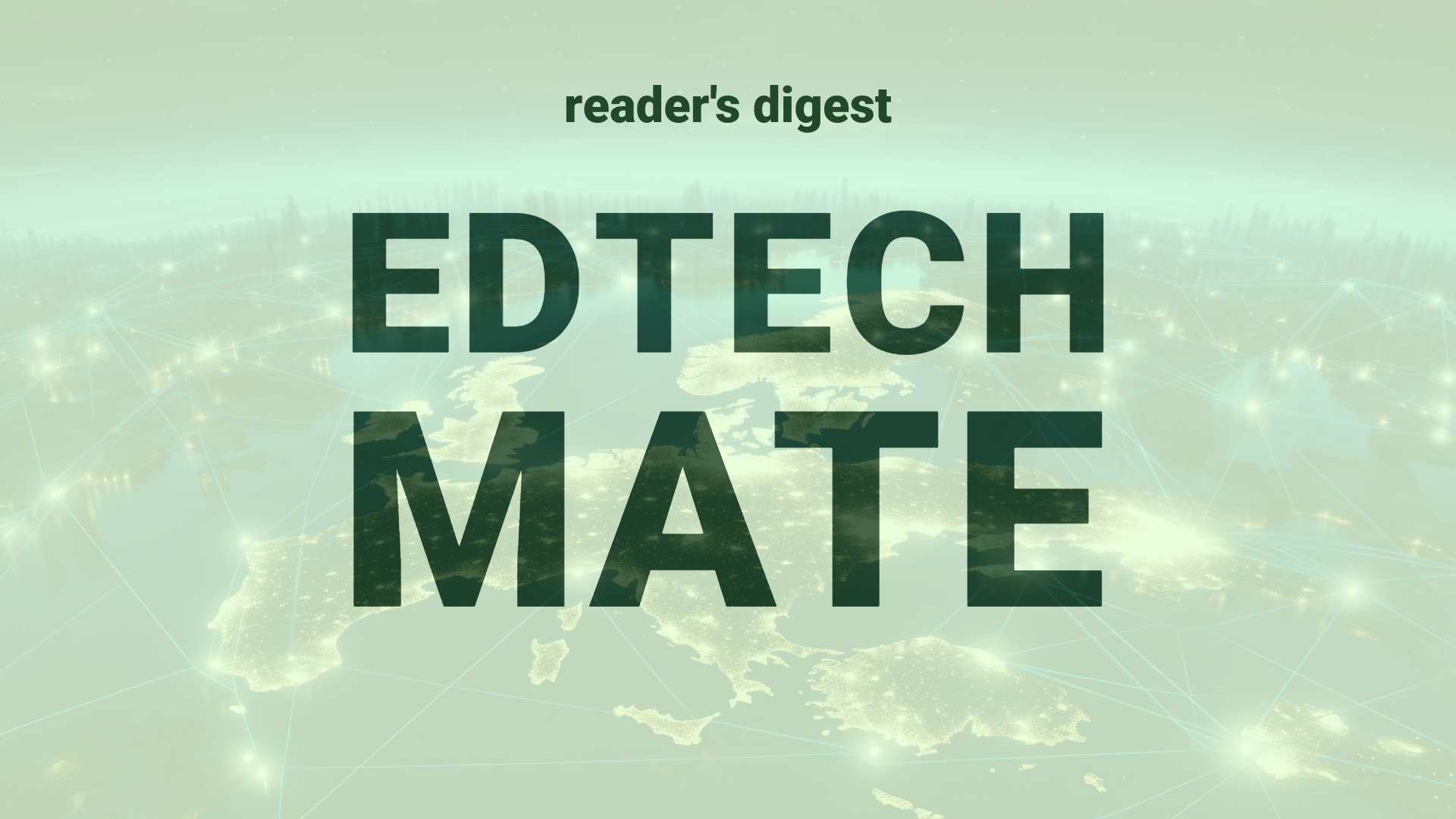“`html
Executive Summary and Main Points
Recent discussions in the US policy environment have raised concerns about the potential ban of the Chinese-owned social media app TikTok, with implications for major social media platforms like Meta’s Facebook. The core issues at stake include national security, data privacy, and the influence of these platforms on various demographics, such as young users. Donald Trump, former US president, emphasized the risk of Facebook’s expansion as a consequence of TikTok’s removal, as well as potential privacy and security concerns that parallel those of TikTok due to its Chinese ownership and obligations under China’s National Intelligence Law.
Potential Impact in the Education Sector
The discourse around TikTok’s potential ban and the subsequent impact on other social media giants like Facebook can significantly affect Further Education, Higher Education, and Micro-credentials. These institutions increasingly rely on social media for marketing, student engagement, and digital learning environments. A shift in the social media landscape could force educational institutions to reevaluate their digital strategies, potentially leading to stronger alliances with certain platforms and a reassessment of how digitalization can serve educational objectives in a global context.
Potential Applicability in the Education Sector
Given the rise of AI and digital tools in the education sector, the industry must consider how these tools can support or redefine educational delivery and student engagement. The potential ban or limitation of platforms like TikTok could invigorate the development of new AI-driven educational technologies that prioritize data security while facilitating interactive and personalized learning experiences. Additionally, higher education institutions may explore alternative digital channels to provide micro-credentials and other forms of decentralized education.
Criticism and Potential Shortfalls
Critics may argue that a ban on apps like TikTok could limit the ability of educational institutions to reach diverse student populations, particularly those that are highly engaged with such platforms. Comparative international case studies show varying responses to data privacy and national security concerns, with some countries placing greater emphasis on open digital ecosystems for education. There are also ethical and cultural considerations, as such bans may be perceived as limiting freedom of expression or access to global networks which are essential for contemporary higher education.
Actionable Recommendations
Educational leaders should proactively explore and integrate a variety of digital platforms to diversify their engagement strategies, thereby mitigating the risks of overreliance on any single social media service. As the conversation around digital sovereignty and privacy continues, institutions must also develop robust data protection and cybersecurity policies. Collaborating with technology companies to enhance the security and ethical standards of AI applications in education could align with both global and regional regulatory expectations, fostering an environment for safe, inclusive, and innovative learning.
“`
Source article: https://www.cnbc.com/2024/03/11/trump-says-a-tiktok-ban-would-empower-meta-slams-facebook-as-enemy-of-the-people.html

